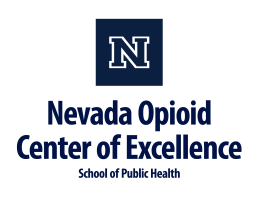The National Family Support Technical Assistance Center (NFSTAC)
The National Family Support Technical Assistance Center (NFSTAC) is committed to providing training and technical assistance using a lifespan approach that focuses on mental health and/or substance use challenges. Our approach is anchored by the underlying principles that families play a vital role in supporting their loved ones and are the experts regarding making a plan to support their family.
